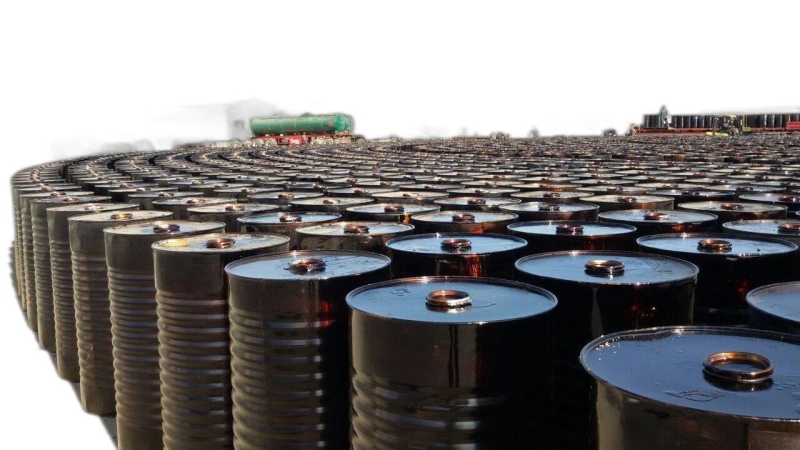
Bitumen, also known as asphalt, is a versatile hydrocarbon material derived from crude oil. It is widely used in various industries, primarily in road construction, waterproofing, and roofing. One of the key aspects that differentiate bitumen products is their grades, which are determined by factors such as viscosity, penetration, and temperature susceptibility. Understanding the different grades of bitumen is essential for selecting the right product for specific applications.
1- Penetration Grade Bitumen
Penetration grade bitumen is classified based on its penetration value, which refers to the depth in millimeters that a standard needle penetrates into the bitumen sample under specific conditions. The penetration grade indicates the bitumen's hardness or consistency at room temperature. Common penetration grades include:
- Penetration Grade 60/70: Suitable for moderate climate regions and used in road construction for asphalt mixtures.
- Penetration Grade 80/100: Ideal for areas with high temperatures, providing better resistance to rutting and deformation.
- Penetration Grade 120/150: Used in heavy traffic areas and for high-stress applications such as airport runways and racetracks.
2- Viscosity Grade Bitumen
Viscosity grade bitumen is categorized based on its viscosity at a specific temperature, typically 60°C. Viscosity grade indicates the flow characteristics of bitumen at elevated temperatures, which is crucial for ensuring proper mixing and application in hot asphalt mixtures. Common viscosity grades include:
- VG10: Low viscosity grade suitable for low-traffic roads and light-duty applications.
- VG20: Medium viscosity grade used in moderate traffic areas and general road construction.
- VG30: High viscosity grade suitable for heavy-duty pavements, highways, and industrial areas.
- VG40: Extra-high viscosity grade recommended for high-temperature climates and heavy traffic conditions.
3- Performance Grade Bitumen
Performance grade bitumen, also known as PG bitumen, is classified based on its rheological properties and performance characteristics under specific temperature conditions. PG grading system takes into account factors such as stiffness, elasticity, and resistance to fatigue and cracking. Common performance grades include:
- PG64-22: Suitable for general-purpose pavements in moderate climates.
- PG70-22: Recommended for high-temperature regions with extreme temperature differentials.
- PG76-22: Ideal for heavy traffic areas and pavements subjected to significant thermal stresses.
- PG82-22: Designed for extreme conditions, including cold climates and high-traffic highways.
Conclusion
Bitumen grades play a critical role in determining the suitability of bitumen for various applications. Whether it's road construction, roofing, or waterproofing, selecting the right grade of bitumen is essential for ensuring durability, performance, and longevity of the finished product. By understanding the characteristics and applications of different bitumen grades, engineers, contractors, and project managers can make informed decisions and achieve optimal results in their projects.






0 Comment